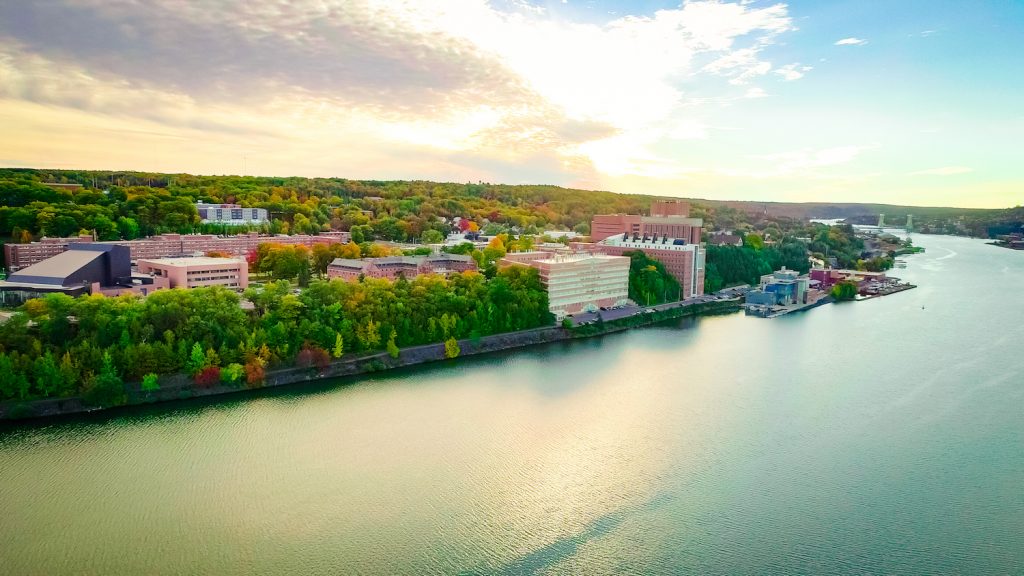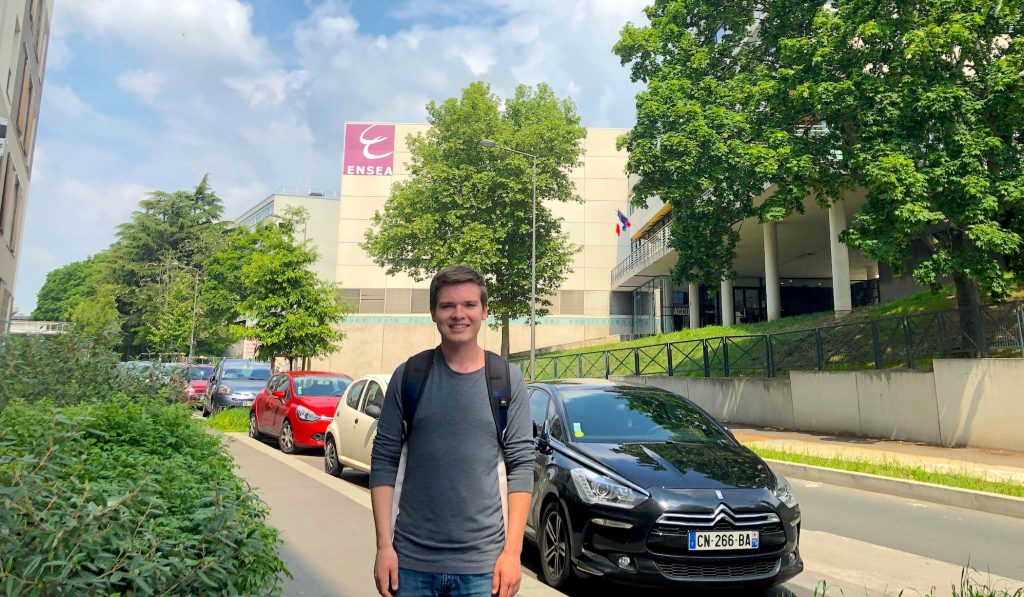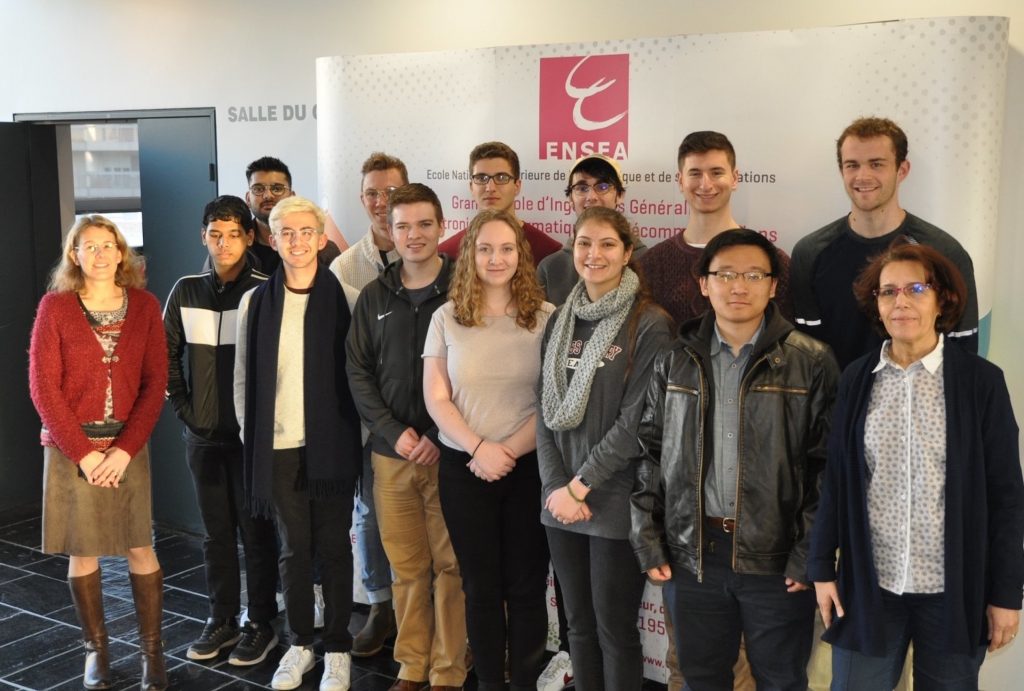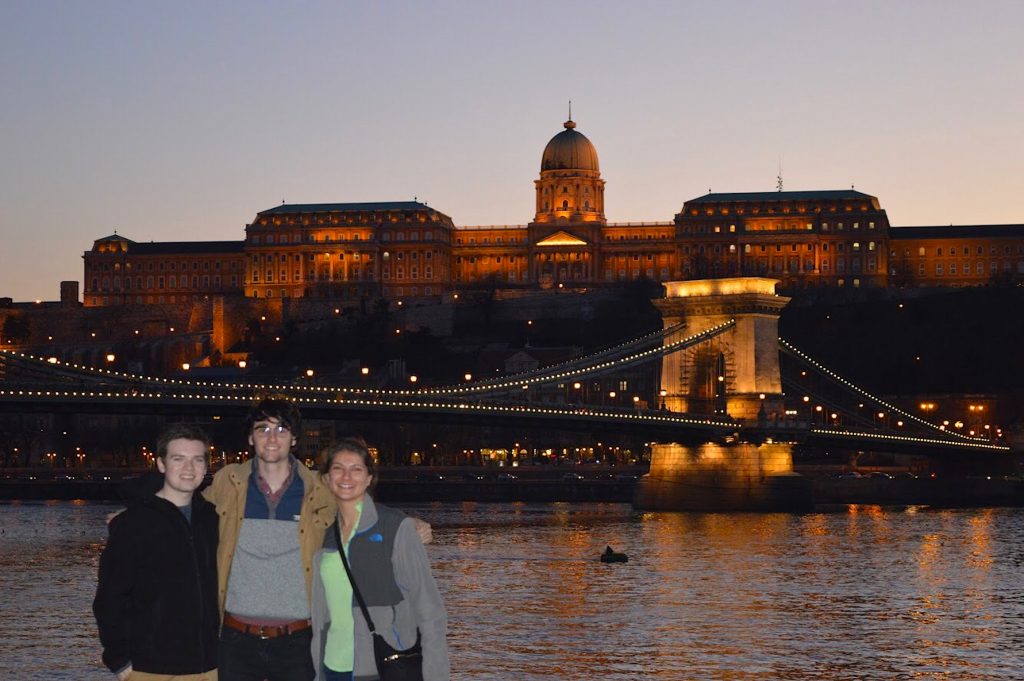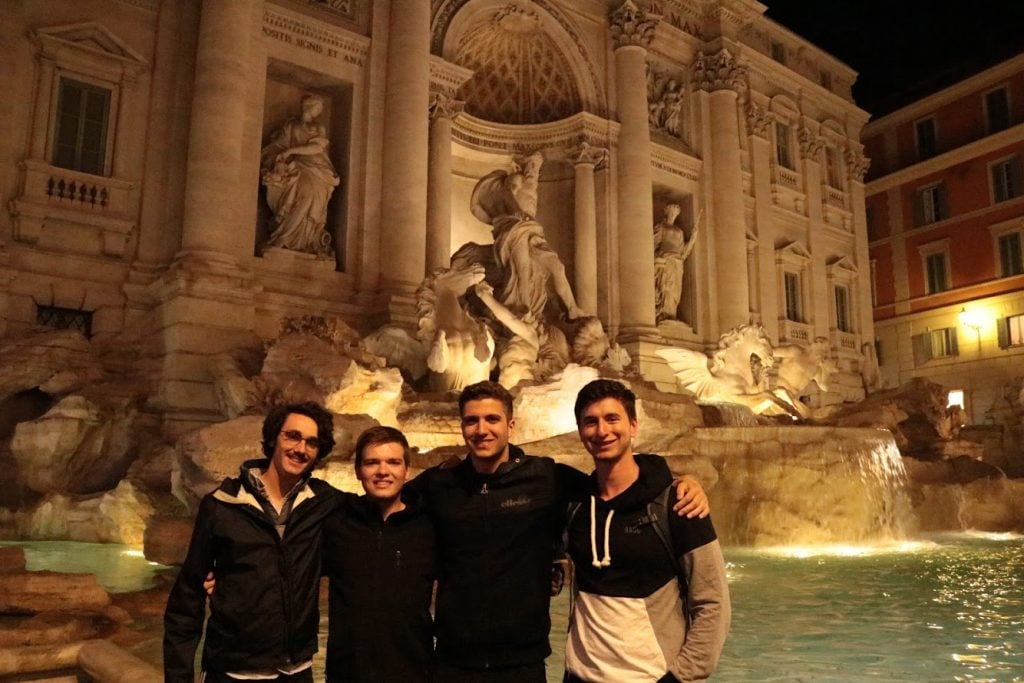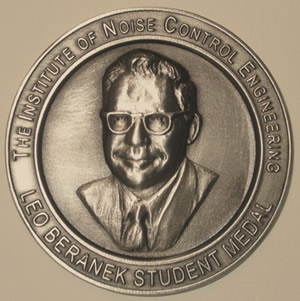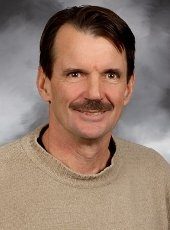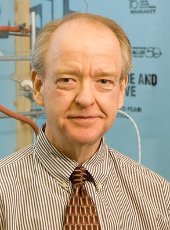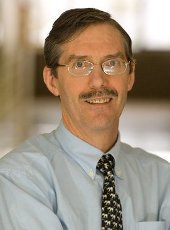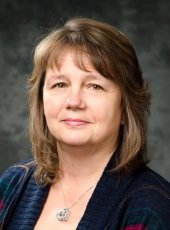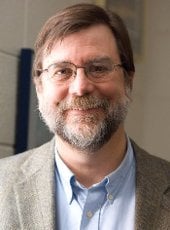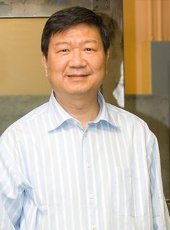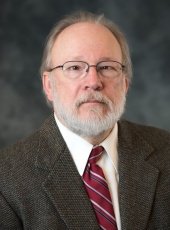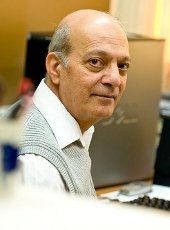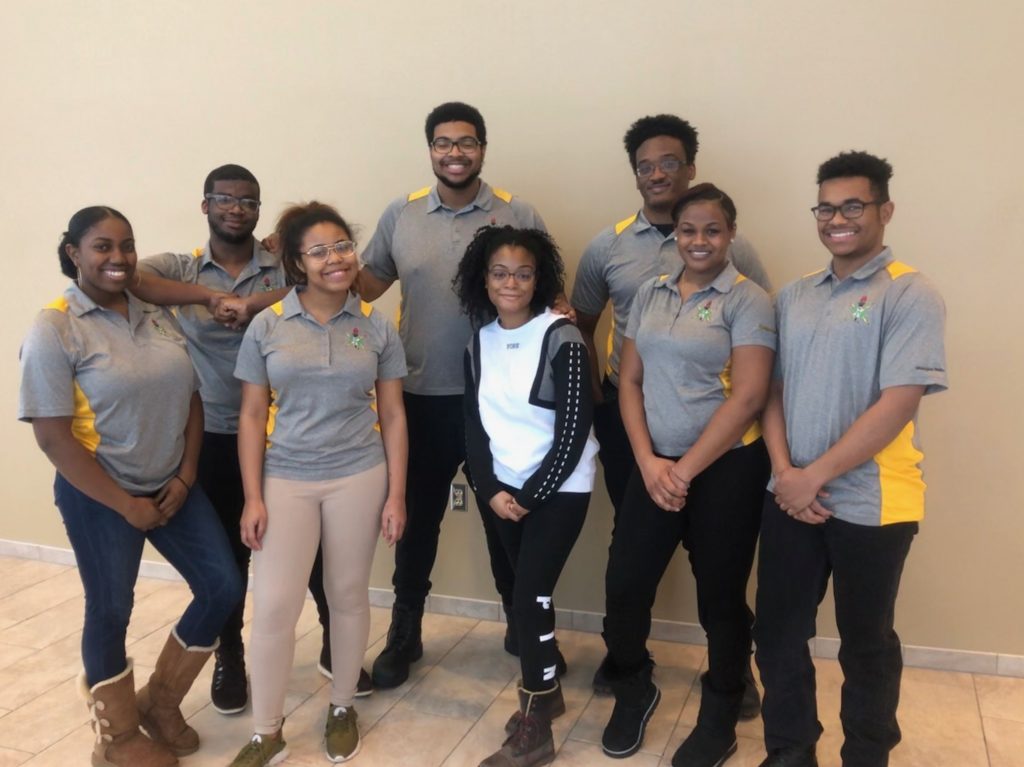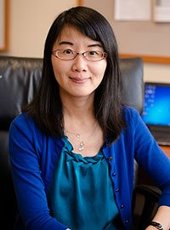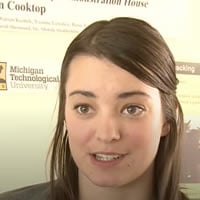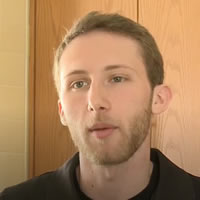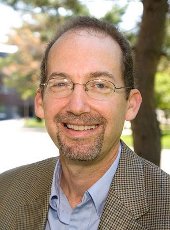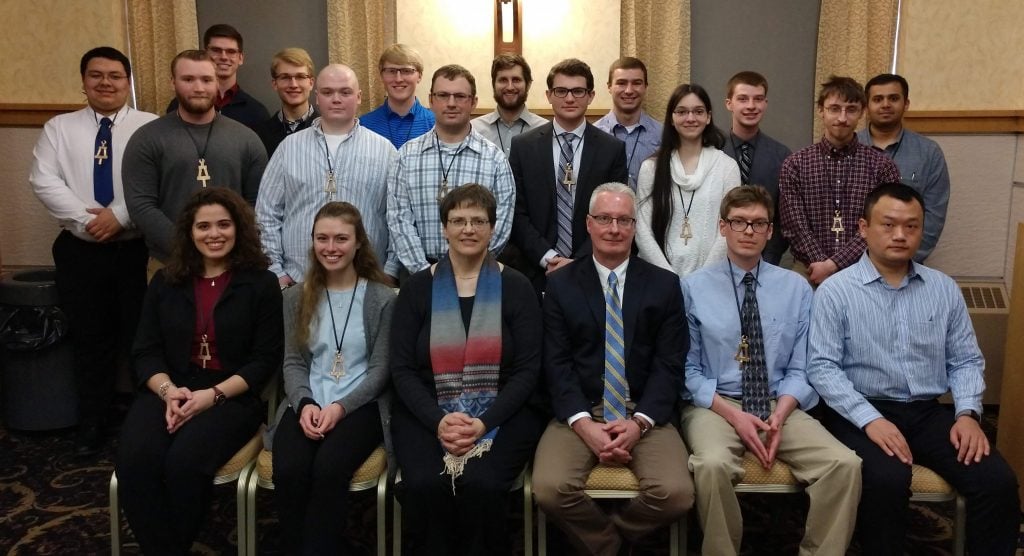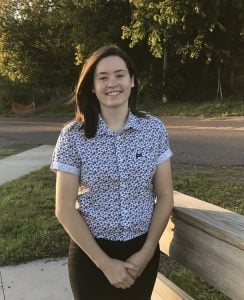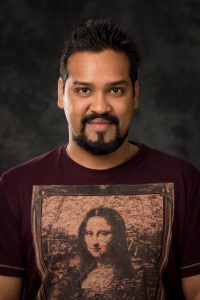
In his guest blog, Michigan Tech electrical engineering alumnus Charles L. Hand ’62 tells the story of his journey around the largest freshwater lake, by surface area, in the world.
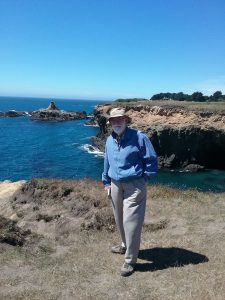
On September 10, 2018, via private automobile, I completed circumnavigating Lake Superior. It only took fifty-six years, a fascinating journey of over 1,300 miles. I made this adventure over five decades, in several cars, at numerous times, and with diverse friends and relatives. Come join me exploring this fascinating body of water.
The attraction of the immense Great Lakes is irresistible. During the first eighteen years of my life, I lived within thirty miles of Lake Erie in Tecumseh, in the southeastern corner of the Lower Peninsula of Michigan. Having a picnic on its shores and swimming in its crystal-clear cool waters was always a treat.
For the next fifteen years, I lived and worked within a mile of the shores, first of Lake Superior, then Lake Michigan. Witnessing gigantic freighters, called “lakers”, transporting their precious cargoes of iron ore, coal, and grain from Duluth at the western tip of Lake Superior to markets in eastern United States and the rest of the world, intrigued me. Riding the ferry carrying railroad cars, automobiles, and other passengers on a four-hour journey across Lake Michigan was a unique pleasure.
As a young lad, my first exposure to Lake Superior was with my parents while on vacation from our home in southeastern Michigan. We traveled across the Straits of Mackinac via car ferry to the Upper Peninsula cities of Sault Saint Marie, Marquette, Houghton, and Copper Harbor. Little did I know this initial excursion would lure me back again and again to the largest surface area freshwater lake in the world.
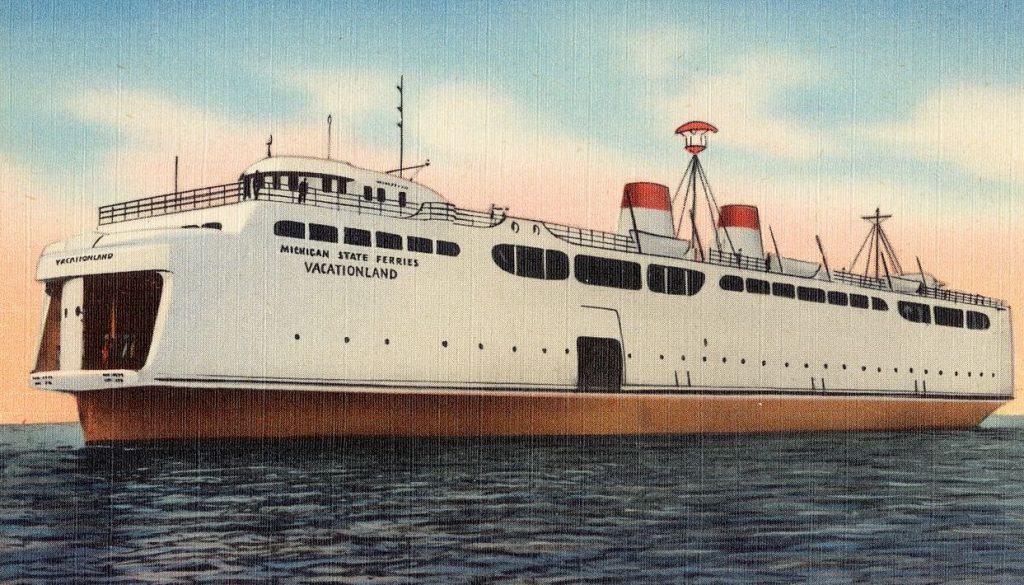
In my senior year of high school, I answered a Michigan College of Mining and Technology (now Michigan Technological University) recruiter’s invitation. He convinced me to spend the next four years of my life at the snow-blanketed engineering monastery in Houghton. Not only was I studying and learning a profession, but was experiencing the Scandinavian heritage of the Keweenaw Peninsula, the death knell of the booming copper mining era, and the lake’s climatic effect as it creates gigantic snow packs.
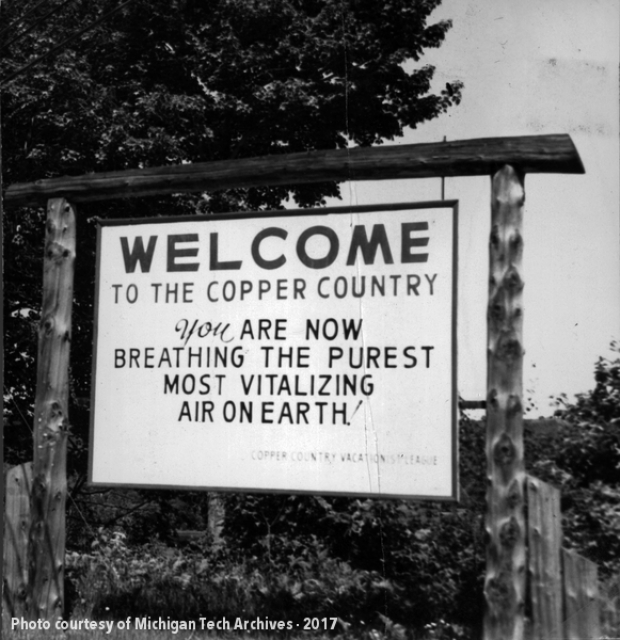
After graduation in 1962, my chosen profession took me physically, although never emotionally, away from Lake Superior to Milwaukee, Chicago, and finally Southern California. I never forgot my college years in Houghton. Several times I returned to visit my alma mater, sometimes stopping at Pictured Rocks National Lakeshore, Agawa Canyon in Ontario, or witnessing the great bulk cargo lakers ply their way through the Soo Locks in the St. Mary’s River. The best way to view this mighty parade of ships is first hand, cruising the St. Mary’s River on the deck of an excursion boat being raised and lowered twenty-one feet between Lake Huron and Lake Superior. Since 1957, the Straits of Mackinac could be crossed on one of the longest suspension bridges in the world.
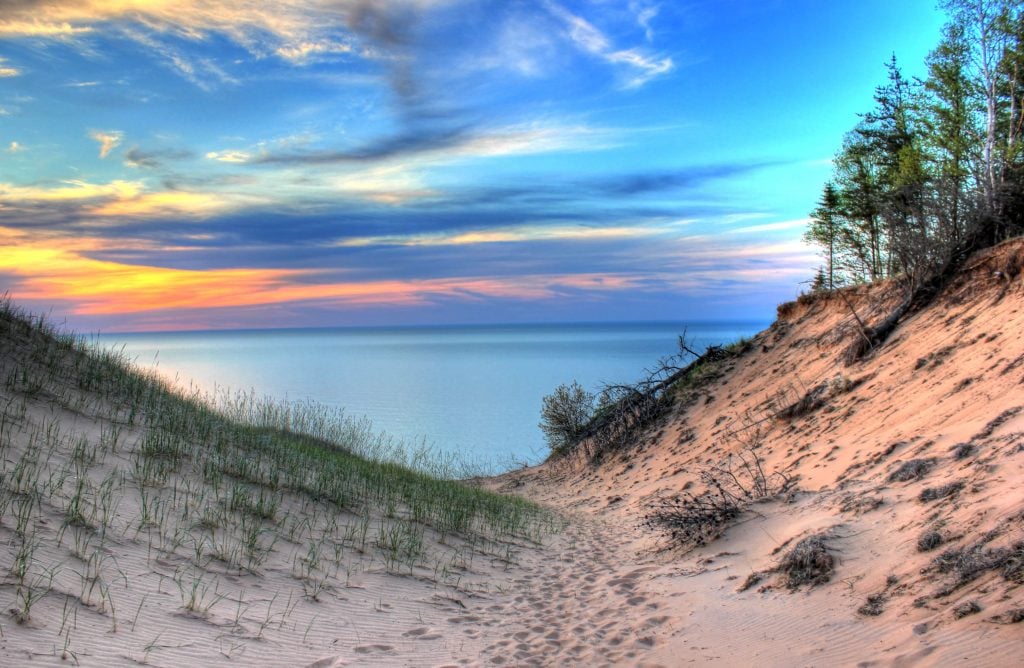



Asking to identify my favorite spot is like asking which of my children I love the most, but I will try.
In 1997, while living in Southern California, an opportunity to complete another portion of the circumnavigation adventure occurred. I was selected as a member the staff of the Ninth Canadian National Jamboree, hosted by Scouts Canada. It was scheduled for Thunder Bay, Ontario, but where was Thunder Bay? After some research, I discovered that the city was 100 miles, by water, directly north of Houghton. During the early 1960s it had been two cities, Fort William and Port Arthur, the largest grain shipping ports in the world at that time. With fellow scouting friends, I flew to Minneapolis then carpooled to the Jamboree along the spectacular scenic northwest shore of the lake, by way of Duluth and Grand Portage. My task was to introduce the Scouts to the wonders of the Great Lakes and its commerce. Part of the introduction was boarding a docked laker. After the Jamboree, we ventured eastbound through the forested solitude of the lake’s far north shore, driving through Nipigon and Wawa to the the lake’s eastern tip. Upon reaching Sault Saint Marie, a second major portion of the circumnavigation was complete.
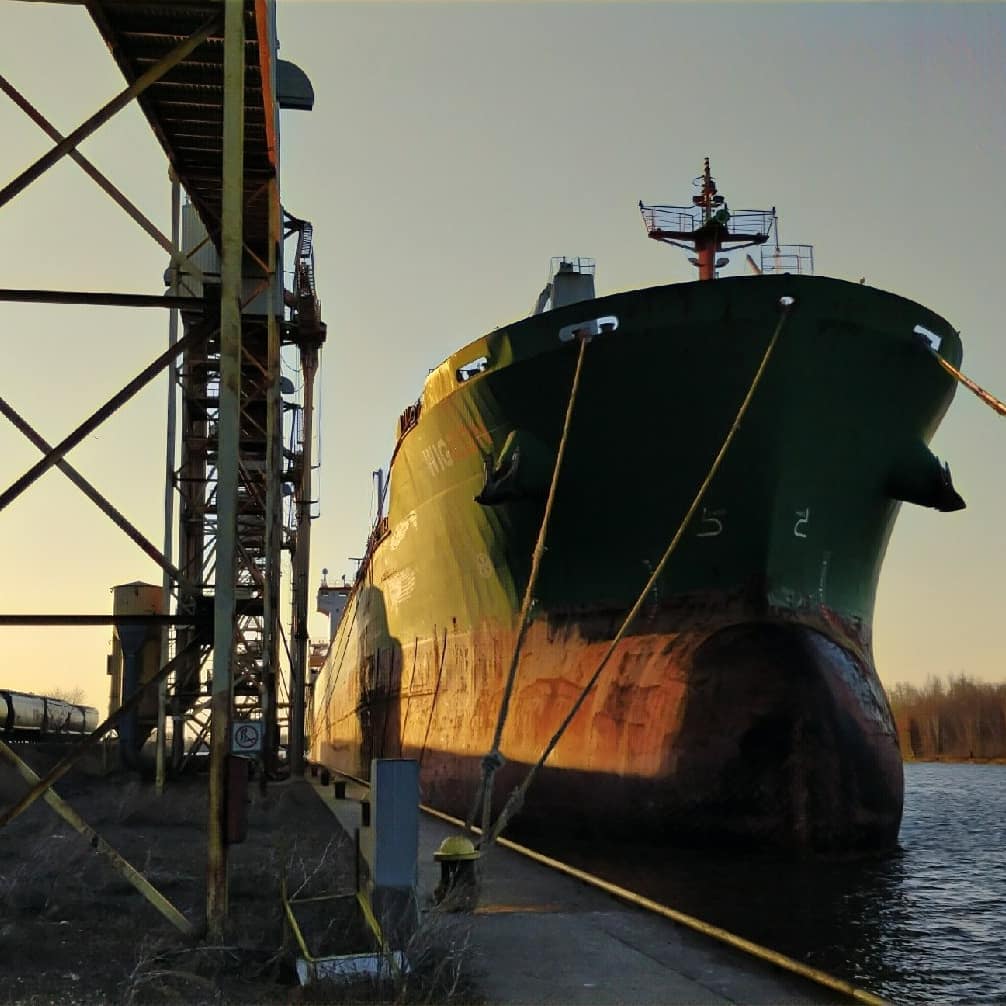


The leg of the circumnavigation adventure between Duluth and Houghton still needed to be completed. During the summer of 2008, my beautiful wife Doris, a native of Milwaukee, and I decided to vacation in areas of northern Minnesota, Wisconsin, and Michigan that neither she nor I had ever visited. Again, we flew into Minneapolis, rented a car, and headed north. From Duluth at the western tip of Lake Superior with its international harbor, we turned east. After a stop to explore the archipelago called Apostle Islands National Lakeshore, my circumnavigation, upon reaching Houghton, was complete.


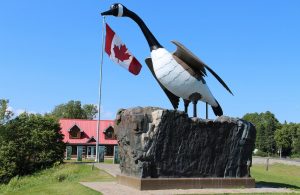
Asking to identify my favorite spot is like asking which of my children I love the most, but I will try. There is Houghton and Michigan Technological University, where four years of my life was spent launching a successful career in electrical power engineering. There is Sault Saint Marie and the gigantic Great Lake freighters carrying their cargos to the industrial centers of the United States and the world. There is Nipigon where the imaginary miniature toy canoe in the book, Paddle-to-the-Sea, started its epic journey through all five of the Great Lakes and on into the Saint Lawrence, crossing the Atlantic, culminating its journey along the shores of France. There is Wawa and their memorable, huge Canadian goose guarding the entrance to the city. For scenic beauty, both the north shore and the south shore are exquisitely picturesque, each in their own way.
But, Michigan Technological University (MTU) in Houghton has to be my favorite spot since it had a major positive influence on my entire life. Someday, I hope to return to Lake Superior and complete a second circumnavigation, although this second trek will probably be completed in slightly less time.



